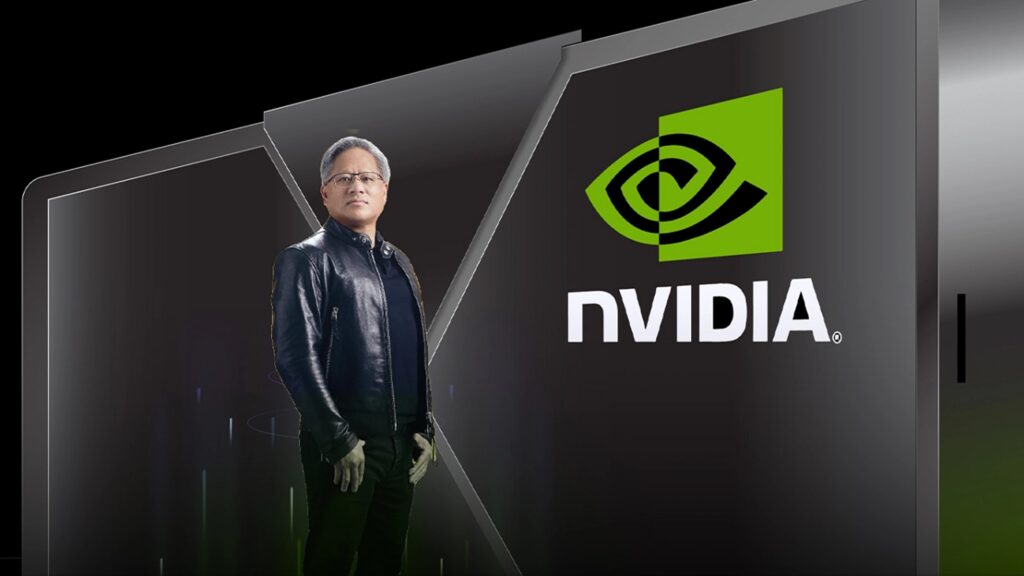Nvidia, under the leadership of CEO Jensen Huang since its inception in 1993, stands at the forefront of the artificial intelligence (AI) chip market.
As the tech giant prepares for its annual developer conference, the GTC event, in Silicon Valley, anticipation builds around the unveiling of new flagship products.
This year’s conference, the first in-person gathering since the pandemic, expects to welcome 16,000 attendees, highlighting Nvidia’s significant role in the tech community.
The company’s market value recently soared, reaching a staggering $2 trillion and positioning it close to surpassing Apple as Wall Street’s second-most valuable entity, just behind Microsoft.
This financial milestone coincides with expectations of Nvidia’s revenue hitting $110 billion this year, an 81% increase, driven by the high demand for its advanced chips.
These chips are essential for powering a range of AI applications, from chatbots to image generators, setting Nvidia apart from traditional chipmakers like Intel.
At the heart of Nvidia’s strategy is the anticipated next-generation B100 AI processor, aimed at sustaining its competitive edge in AI computing.
With the current demand exceeding supply, the B100 is expected to further cement Nvidia’s dominance, despite its high price point, potentially exceeding $20,000.
Nvidia’s stock performance reflects its robust market position, with a significant surge in 2024 after a remarkable rally the previous year.
Despite a high valuation, Nvidia’s price-to-earnings ratio has decreased due to upward revisions in earnings forecasts.
However, the rapid financial growth raises concerns among analysts about its sustainability.
In addition to hardware advancements, Nvidia is likely to update its CUDA software, enhancing AI program compatibility and making it difficult for developers to switch to competitors’ products.
The company’s move to offer its chips and software as a cloud service represents a strategic expansion into the software domain, closely watched by analysts.
Internationally, Nvidia’s leadership faces challenges from Chinese competitors, especially in light of U.S. restrictions on chip exports.
Despite China’s efforts to rival Nvidia’s technology, the upcoming B100 is expected to widen the technological gap, underscoring the importance of continuous innovation in maintaining global dominance.
Analysts and industry observers are keenly watching Nvidia’s next moves, as its ability to innovate and lead in the AI chip market sets the stage for future growth and challenges in the rapidly evolving tech landscape.
